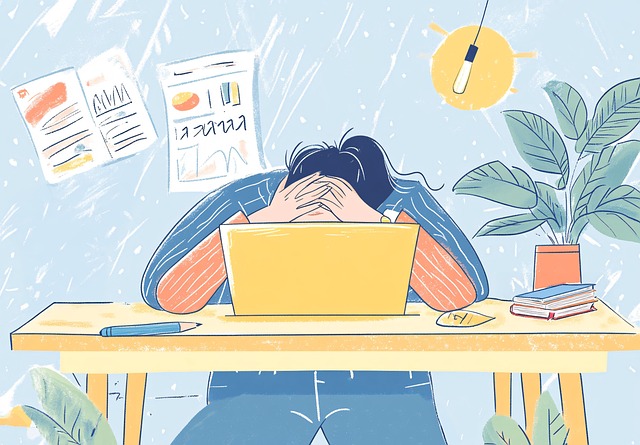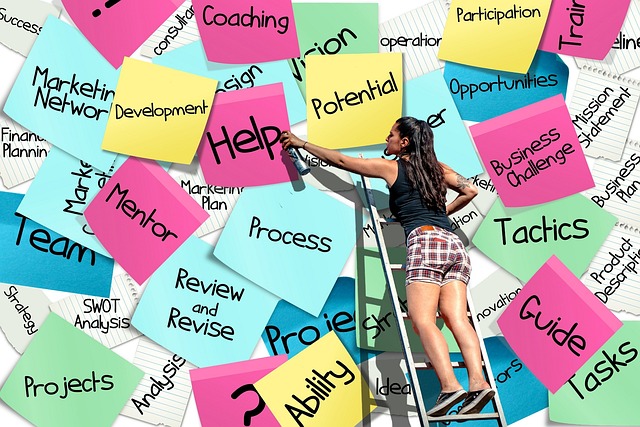My Back Blew Out: A Developer Rehab Notes
2022. 11. 21.

I thought I was still young and healthy.
Eventually, my back gave out.
It was a herniated disc, a representative disease of aging, commonly known as a slipped disc.
My back often hurt. Considering my terrible posture since childhood, it seems like it held up pretty well until now. Whenever I needed to concentrate, like during coding sessions, my posture would inevitably slump into an almost lying position. Even if I corrected it belatedly, I'd repeatedly slouch back down again. A few years ago, I happened to get an X-ray from my spine up due to neck pain. "Your neck has lost its natural curve, almost straight, and your spine, which should be C-shaped, is not only straight but curving slightly the other way. If you don't manage this, you'll get neck and lumbar disc herniations." Even after hearing the doctor's warning, I was careful for a few months, then went right back to my old ways. Since I had been exercising consistently and considered myself healthy, it didn't really hit home.
Then one day, Ignoring the slight back pain I felt when bending over in the morning, I went to the gym. While running on the treadmill, enduring the back pain, it gradually intensified. With a ridiculously stubborn mindset like, "Don't make excuses like this," I kept running until I felt a pain as if something had "snapped," and I couldn't stand up properly. I don't know if there was an actual "snapping" sound, but that was the overall sensation I experienced. Even though I couldn't stand properly, I thought, "Ah, since standing is hard, let's just do bench presses." Lying down, I couldn't lift even one rep and couldn't get up. I just lay there sweating profusely for about 5 minutes. Ridiculous, right?
It felt like a long knife was lodged in my back. For a month, I spent my days depressed because it hurt whether I was lying down, standing, or sitting. Forget exercise; I couldn't even walk properly, had trouble sleeping, and barely managed to do my work. Fortunately, working from home made it possible. After a month, it got much better, but the pain persisted, and walking was still difficult. I went to a large hospital for an MRI, and even I could see something bulging out. The discs at L2 and L3 had decided to leave home for some reason. "The disc has really blown out completely. This requires surgery." The doctor said. For someone like me who loves exercising and gets a lot of vitality from it, it sounded like "You can't lift weights anymore." I was stunned. I felt so foolish for stupidly running on the treadmill while enduring the pain. If only I hadn't exercised then, this disaster wouldn't have happened. Although they say a disc destined to rupture will rupture eventually, the timing was certainly moved up.
So far, this has been my dramatic story of being diagnosed with a herniated disc. I'm sure there are other developers out there neglecting potentially herniating discs in their necks or backs. It's a common ailment. First off, your back and neck shouldn't feel stiff or painful. That's a sign that something will go wrong soon.
Human lifestyle patterns, the physical logic, really tend to shift towards the worse if left unattended without thought. These bad logic patterns leave bugs in our bodies, and if not changed, they will eventually cease to function. My bad posture, my lifestyle pattern, caused my disc to rupture. Unlike code, our bodies can't be rebuilt. Just like refactoring code, we need to constantly refactor our lifestyle patterns. Why didn't I stretch once every hour, even though I knew it was good for my body? The same goes for a 10-20 minute walk after meals. Ensuring sufficient sleep time is also crucial. Not to mention overeating and excessive drinking. When you think about it, so many experts talk about these things, and we ourselves agree they are right, yet why can't we change? We always regret it after losing something.
Beyond technical skills, I think the fundamental secret to being a good developer is maintaining a healthy, energetic body free from discomfort. If you lack stamina, feel lethargic, and your neck or back hurts after sitting for just a short while, even if you want to develop well, the pain becomes a distraction, stress builds up, and your patience reaches its limit. They say a person's patience is like a game character's energy bar – there's a limited amount available each day. So, if you use it up on pointless things, you end up exhausted, unable to pour energy into tasks requiring concentration. If your body hurts, the energy used for development doubles or triples. The mental stress developers constantly face, like "Why isn't this working?", might lead to positive actions like "Let's try this then?" when you're full of energy. But if not, it could escalate to "I'm quitting this crappy company that makes me build stuff like this." This highly mental labor, no matter how nobly packaged, is ultimately heavily influenced by the state of this body.
I must always maintain good posture, not borrow tomorrow's energy for today, avoid alcohol, not overeat, avoid spicy and salty foods, not eat late-night snacks, control my diet, exercise consistently, take walks, manage my body, not torment myself with work worries and unnecessary anxieties, and above all, not ignore the screams coming from my health checkup results. Will I be able to follow all these health guidelines I already knew, starting now?
These things should take precedence over learning one more technical skill for my job or achieving one more accomplishment. This darn job can change anytime, but my body can't. Soft skills and hard skills are useless in the face of an ailing body.
"If you don't have surgery, you could face lower body paralysis." The doctor's words were heavy, but listening to the advice of disc veterans here and there, it seemed surgery wasn't necessarily the answer either. While walking was indeed difficult, I wasn't completely unable to walk. My thought process was, since it already ruptured, let's only consider surgery if I really become unable to walk. So, I started with walking exercises.
I walked cautiously, sensitive to the pain and sensations my back gave me, adjusting speed and distance accordingly. Then, day by day, the pain began to ease. Within less than a week of starting walking exercises, my posture, which had been stooped due to back pain, straightened up. I gradually increased the distance until I could walk 5km without pain, then got a bit ambitious and started jogging slowly. At first, I could barely run 50m. But even this pain improved as I adjusted the speed daily and increased the distance. 100m, 200m, increasing little by little each day, and now I walk 2km and run 3-4km. Soon, I plan to make a 5km run a habit. The pain, which felt like it would last forever, almost disappeared a little over a month after starting exercise, leaving only a slight feeling of discomfort. I think this feeling might persist.
A week ago, I started hitting the weights again. I'm paying much more attention to form and momentum than before. While I probably won't be able to do certain exercises that strain the back, like deadlifts, there are many alternative exercises to stimulate the muscles. Considering I thought I wouldn't be able to lift weights again, this is fantastic, isn't it? If I hadn't kept moving because of the pain, I'd probably still be living in agony. I might have even had the surgery.
It's just one herniated disc, something many people experience, but it's given me a lot to think about. I hope this post can be of some help to fellow beginner disc sufferers and serve as a wake-up call for potential future patients (?).
with kakaopay
Recommend Post
![]() This work is licensed under a Creative Commons Attribution-NonCommercial-NoDerivatives 4.0 International License.
This work is licensed under a Creative Commons Attribution-NonCommercial-NoDerivatives 4.0 International License.





